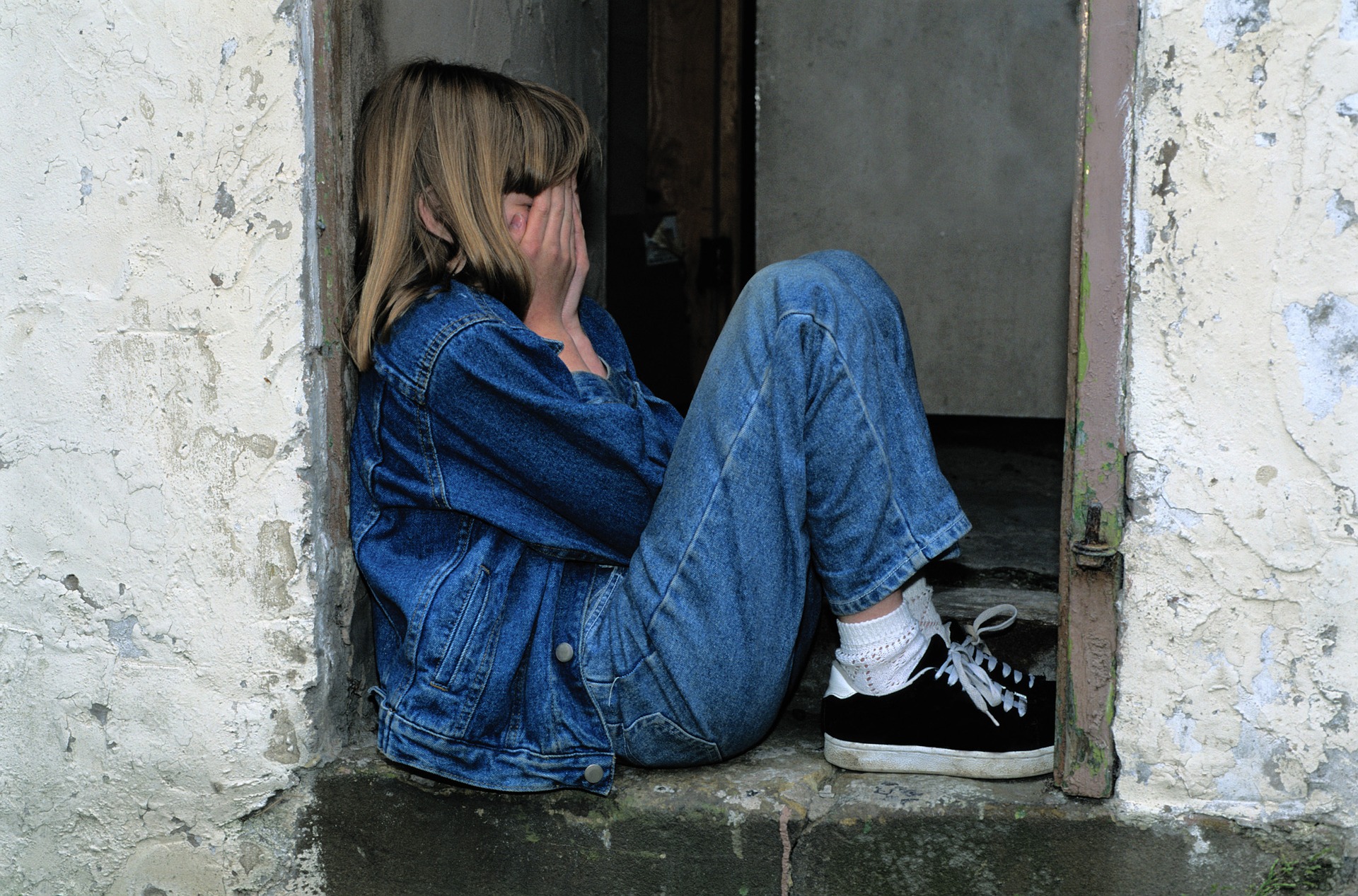Navigating adolescence comes with a host of challenges, and one significant pressure that many teens face is the temptation to experiment with alcohol and drugs. Saying no to these substances requires resilience, confidence, and a sense of self. In this blog post, we’ll explore empowering ways for teens to confidently say no to alcohol and drugs, making choices that prioritize their well-being and future.
- Educate Yourself: Knowledge is a powerful tool for making informed decisions. Take the time to educate yourself about the risks and consequences associated with alcohol and drug use. Understanding the potential impact on physical and mental health can reinforce your resolve to say no.
- Establish Personal Boundaries: Reflect on your values, goals, and personal boundaries. Knowing what you stand for and the lifestyle you aspire to lead provides a strong foundation for saying no to substances that may compromise your well-being and future.
- Practice Assertiveness: Assertiveness is a skill that can be cultivated. Practice saying no confidently and respectfully. It’s okay to be firm in your decision without needing to justify or explain extensively.
- Use “I” Statements: Expressing yourself through “I” statements can effectively convey your feelings and choices without sounding judgmental or confrontational. For example, “I prefer not to drink or use drugs because it goes against my personal values and goals.”
- Offer Alternatives: When faced with peer pressure, offer alternatives to substance use. Suggest engaging in activities that don’t involve alcohol or drugs, such as going to the movies, playing sports, or exploring creative outlets.
- Build a Support System: Surround yourself with friends with similar values and choices. A supportive network makes it easier to resist peer pressure, and you can collectively encourage each other to make positive decisions.
- Role-Play Scenarios: Practicing saying no through role-play scenarios with friends or trusted adults can boost your confidence. Anticipating potential situations and preparing responses makes it easier to navigate real-life encounters.
- Have an Exit Strategy: Plan for situations where you might feel pressured. Have a clear exit strategy, whether it’s arranging for a ride home, having a trusted friend call, or knowing how to leave an uncomfortable situation.
- Learn to Manage Stress: Teens often face stress and peer pressure, which can contribute to the temptation to use substances as a coping mechanism. Explore healthy stress-management techniques such as exercise, mindfulness, and creative outlets.
- Seek Guidance from Adults: Don’t hesitate to seek guidance from trusted adults, such as parents, teachers, or counselors. They can provide valuable insights, support, and guidance on navigating challenging situations and making empowered choices.
Saying no to alcohol and drugs is a powerful act of self-care and resilience. By educating yourself, establishing personal boundaries, practicing assertiveness, and building a supportive network, you empower yourself to make choices that align with your values and contribute to a healthy and fulfilling future. Remember, your well-being is worth prioritizing, and saying no is a courageous step toward building a life that reflects your aspirations and goals.



